World Breastfeeding Week - 2019
World Breastfeeding Week is celebrated every year from 1 to 7 August all over the globe to encourage breastfeeding and improve the health of babies around the world.
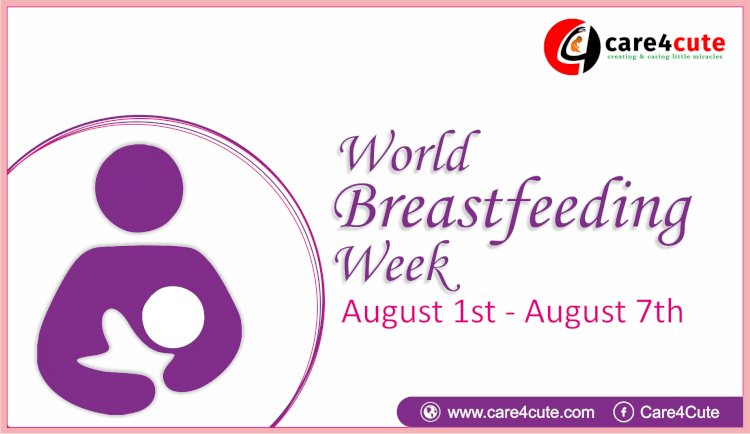
The slogan of this year’s 2019 World Breastfeeding Week is “Empower Parents, Enable Breastfeeding”.
World Breastfeeding Week is celebrated every year worldwide starting from 1 to 7 August to encourage breastfeeding amongst the mothers and to improve the health of babies around the world. World breastfeeding week pays tribute to the Innocenti Declaration which was signed in August 1990. It was signed by government policymakers, WHO, UNICEF and other major organizations altogether to protect, promote and support breastfeeding across the world.
This year, WHO has joined hands with UNICEF and other partners to implement different plans and policies formulated to celebrate this World Breastfeeding Week successfully. This year these organizations will promote the importance of family-friendly policies to promote breastfeeding and will also encourage parents to develop a bond with their children during the initial years.
World Breastfeeding Week 2019 Theme
The theme for World Breastfeeding Week (WBW) 2019is –“Empower Parents, Enable Breastfeeding”. ILCA is partnering with organizations around the globe - including United Nations Children's Fund (UNICEF), World Health Organization (WHO), International Baby Food Action Network (IBFAN), La Leche League International (LLLI), The Academy of Breastfeeding Medicine (ABM), Well start International, the Global Goals, and the World Alliance for Breastfeeding Action (WABA) - to promote the role that breastfeeding plays in valuing our wellbeing.
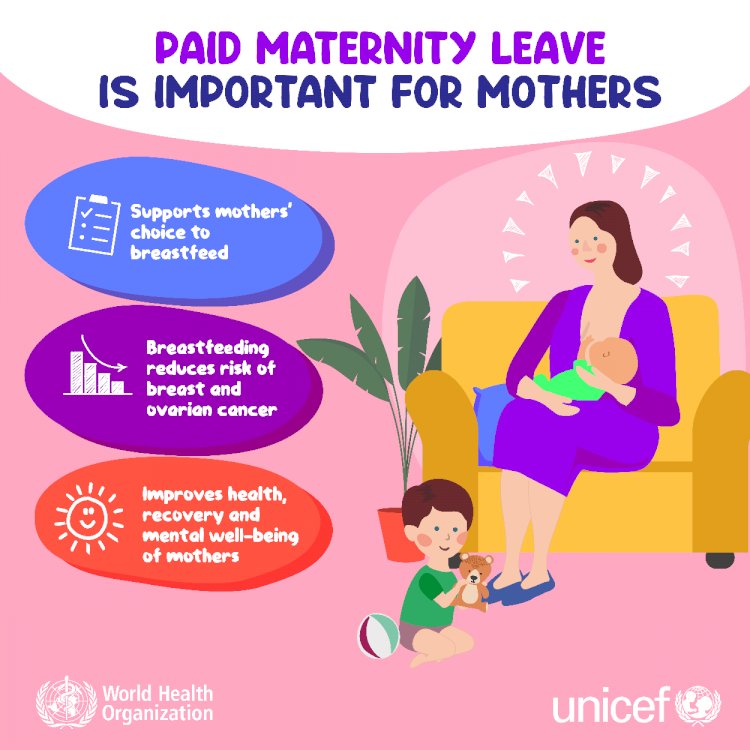
World breastfeeding week 2019: Policies suggested by WHO
1. Paid maternity leave - The World Health Organization will stress on enacting paid maternity leaves for a minimum of 18 weeks.
2. Paid paternity leave - WHO also wants to encourage paid paternity leaves to encourage shared responsibility to take care of their child on an equal basis.
3. Parent-friendly workplace - A parent-friendly workplace will help the mothers to breastfeed their children after returning back to work as well. It includes access to breastfeeding breaks and providing them a safe, private and hygienic space for expressing and storing breast milk. It will also focus on providing affordable childcare.
Also Read - Breastfeeding at Work : Recommendations and laws in India
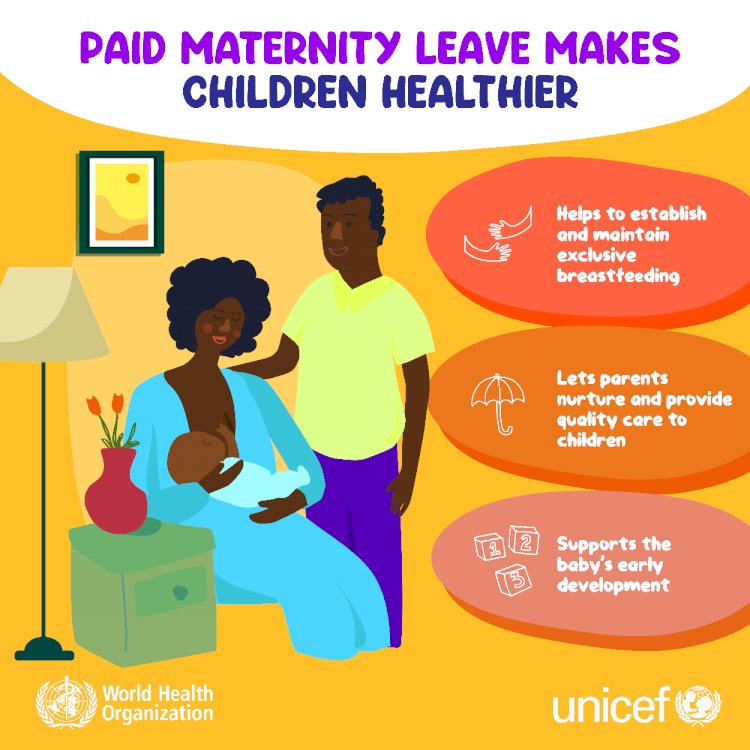
Breastfeeding promotes better health for mothers and children alike. Increasing breastfeeding to near-universal levels could save more than 800 000 lives every year, the majority being children under 6 months. Breastfeeding decreases the risk of mothers developing breast cancer, ovarian cancer, type 2 diabetes, and heart disease. It is estimated that increased breastfeeding could avert 20 000 maternal deaths each year due to breast cancer.
The World Health Organisation recommends breastfeeding within one hour after the birth of the child. A baby should be given just breast milk for the starting 6 months. Later, other nutritious complementary foods should be added to a kid's along with breast milk up to 2 years or more.
The #WBW2019 slogan was chosen to be inclusive of all types of parents in today’s world. Focusing on supporting both parents to be empowered is vital in order to realize their breastfeeding goals.
Also Read - Breast feeding week 2019: Theme, Significance and Objectives and Policies
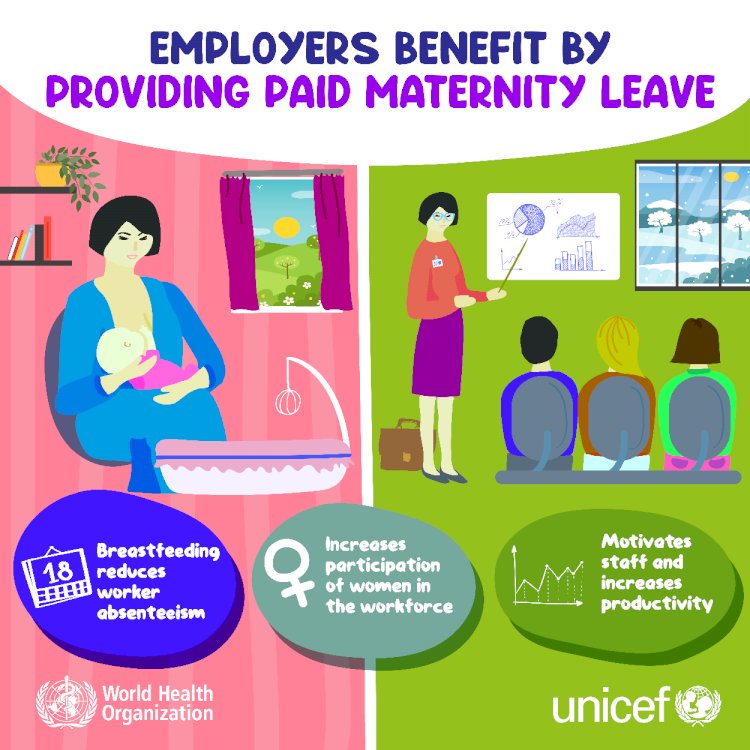
Empowerment is a process that requires evidence-based unbiased information and support to create the enabling environment where mothers can breastfeed optimally. Breastfeeding is in the mother’s domain and when fathers, partners, families, workplaces, and communities support her, breastfeeding improves.
Also Read - World Breastfeeding Week 2019 - Bollywood Moms shares their Breast Feeding Experiences
We can all support this process, as breastfeeding is a team effort. To enable breastfeeding we all need to protect, promote and support it.































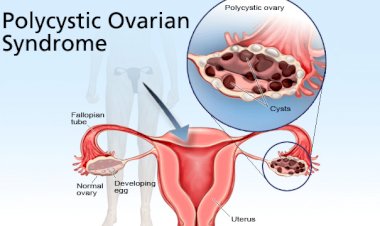



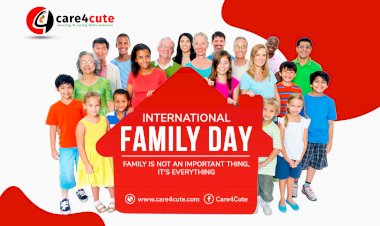
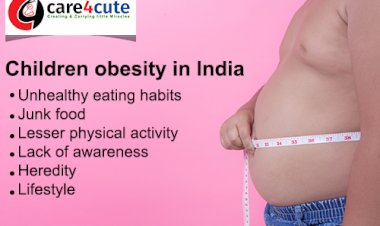
Comments (0)